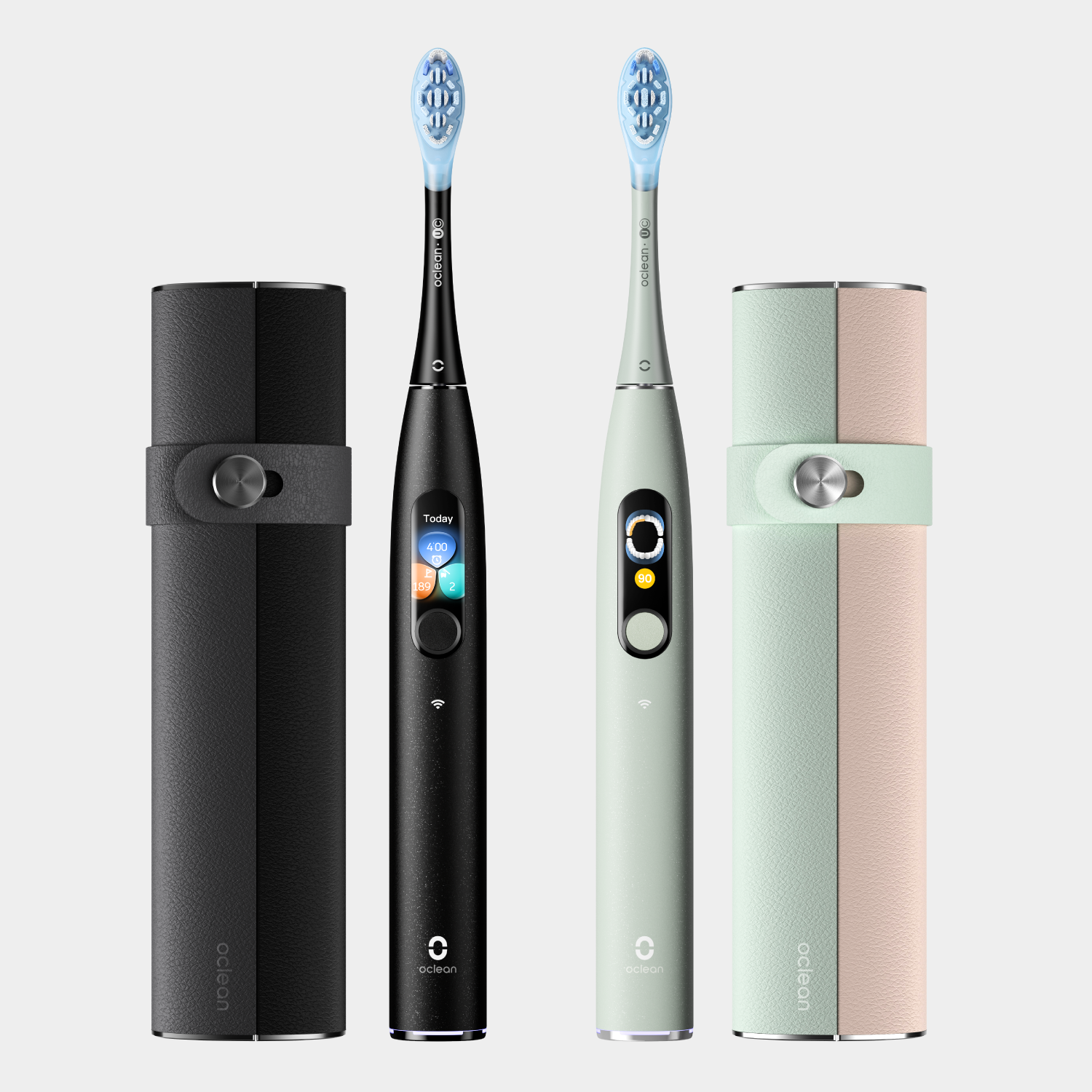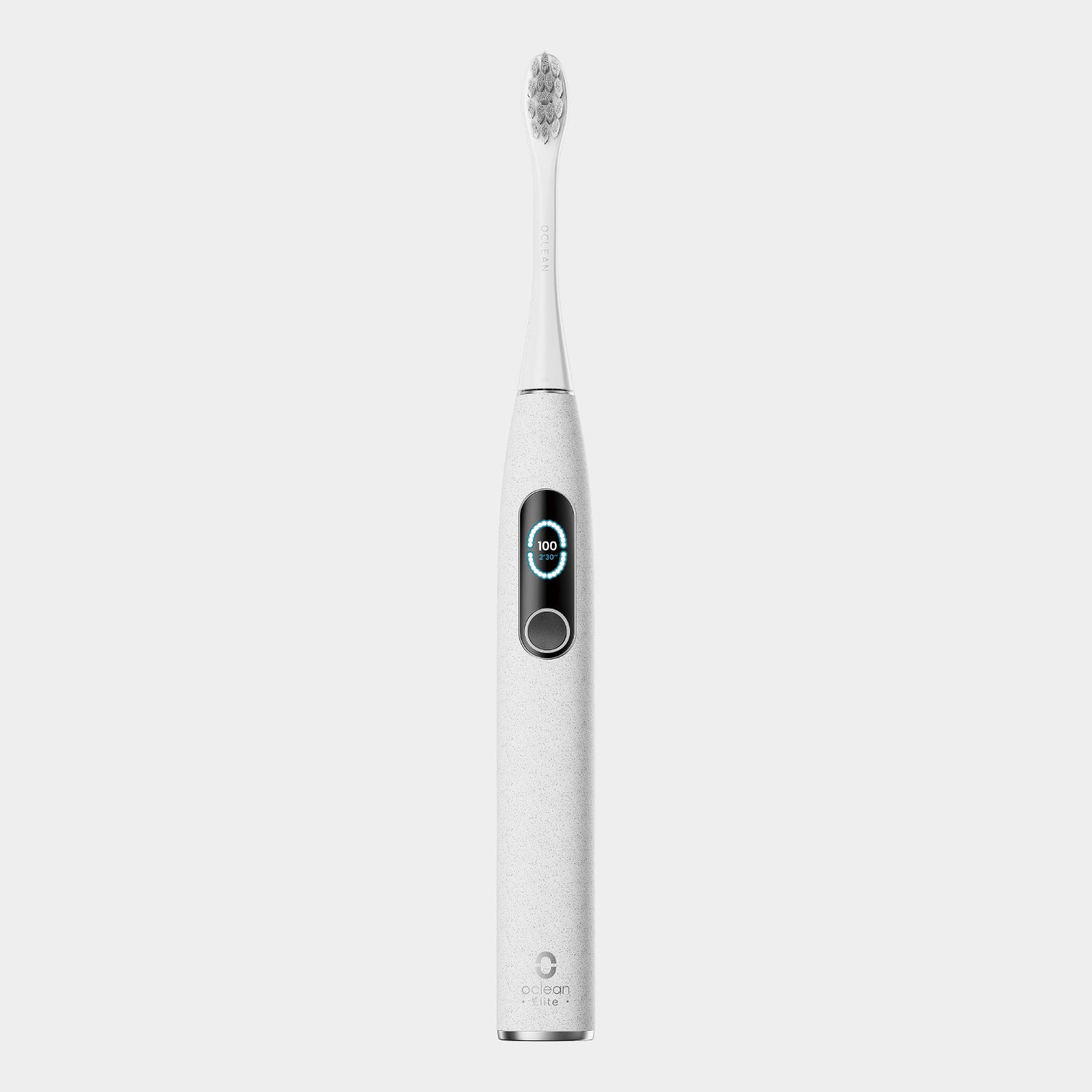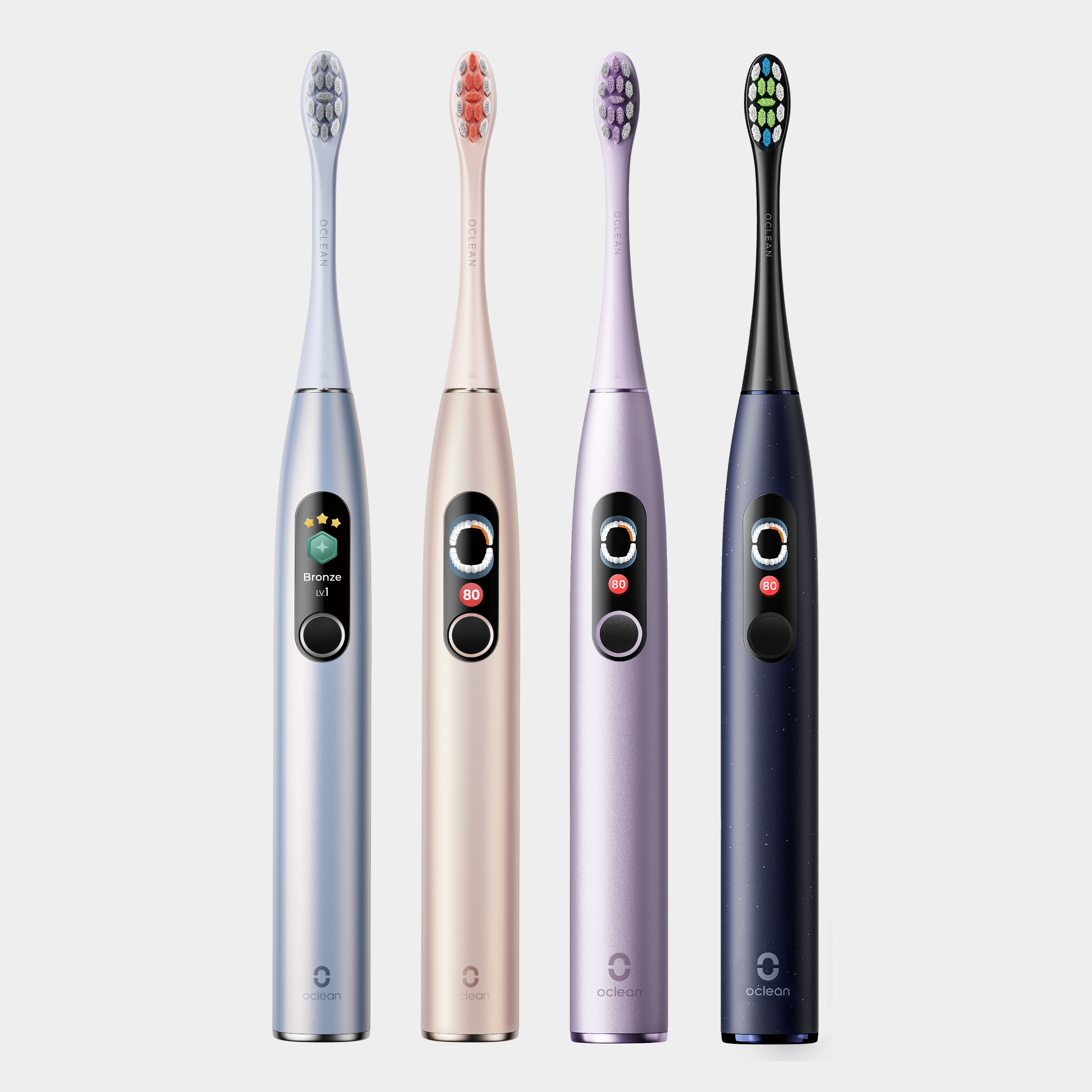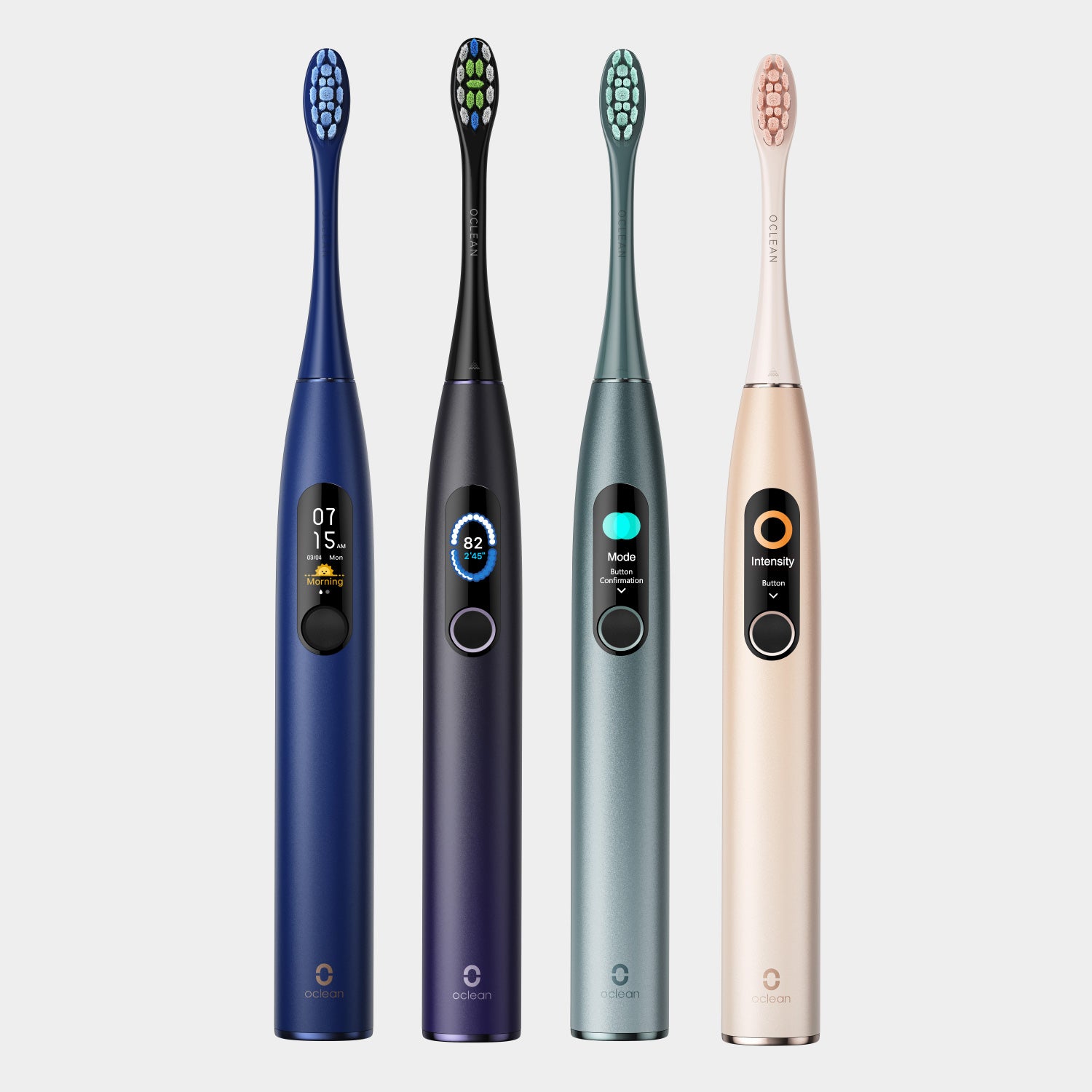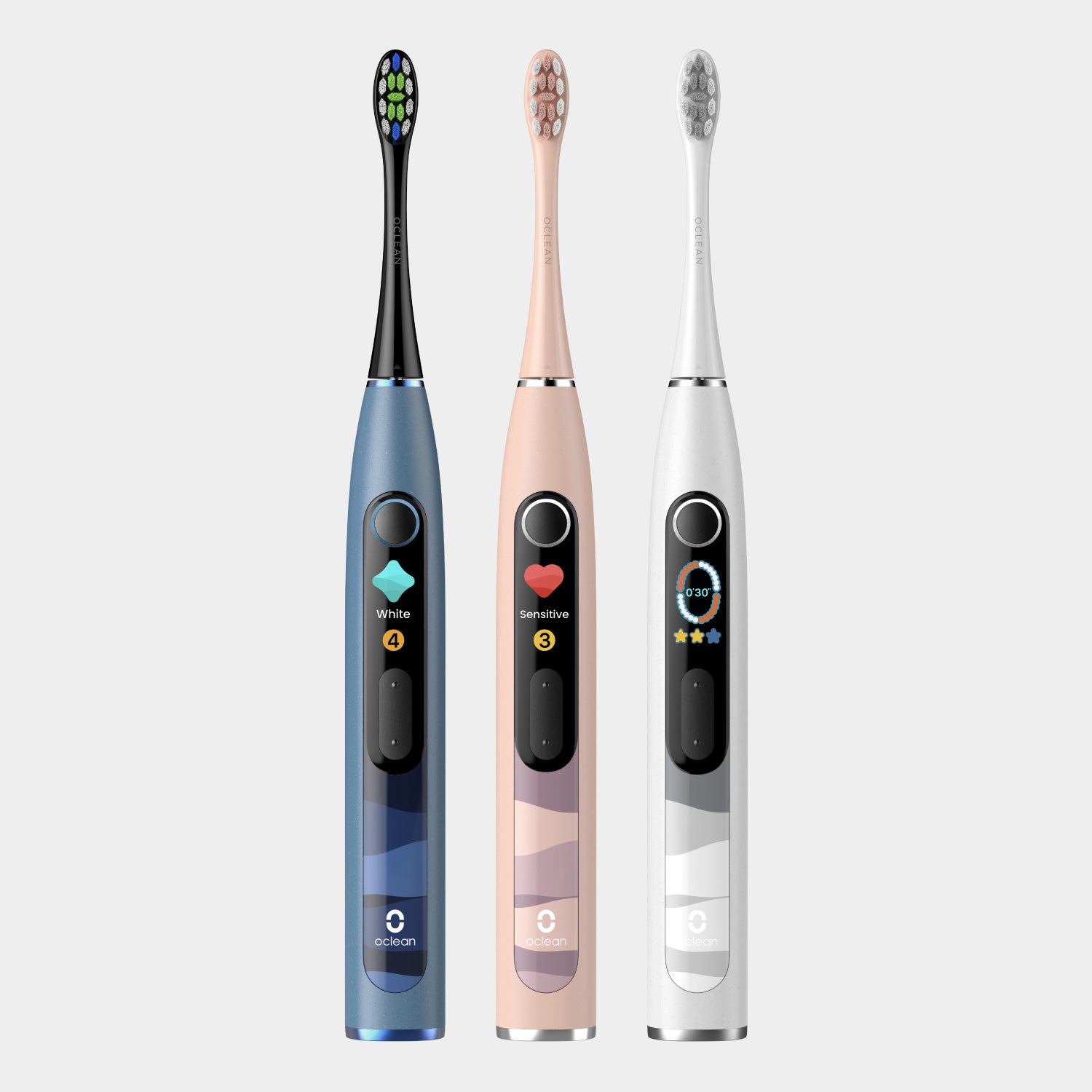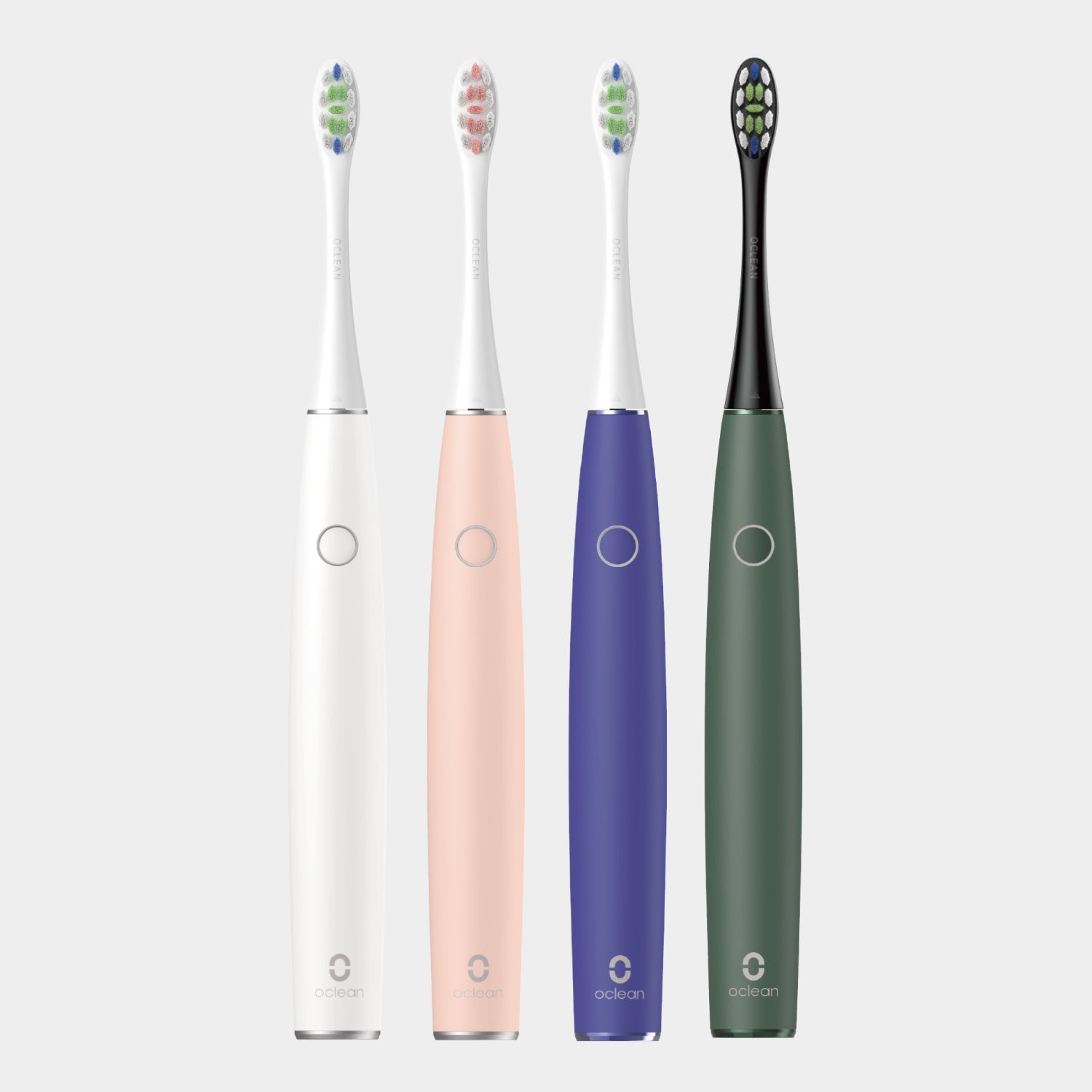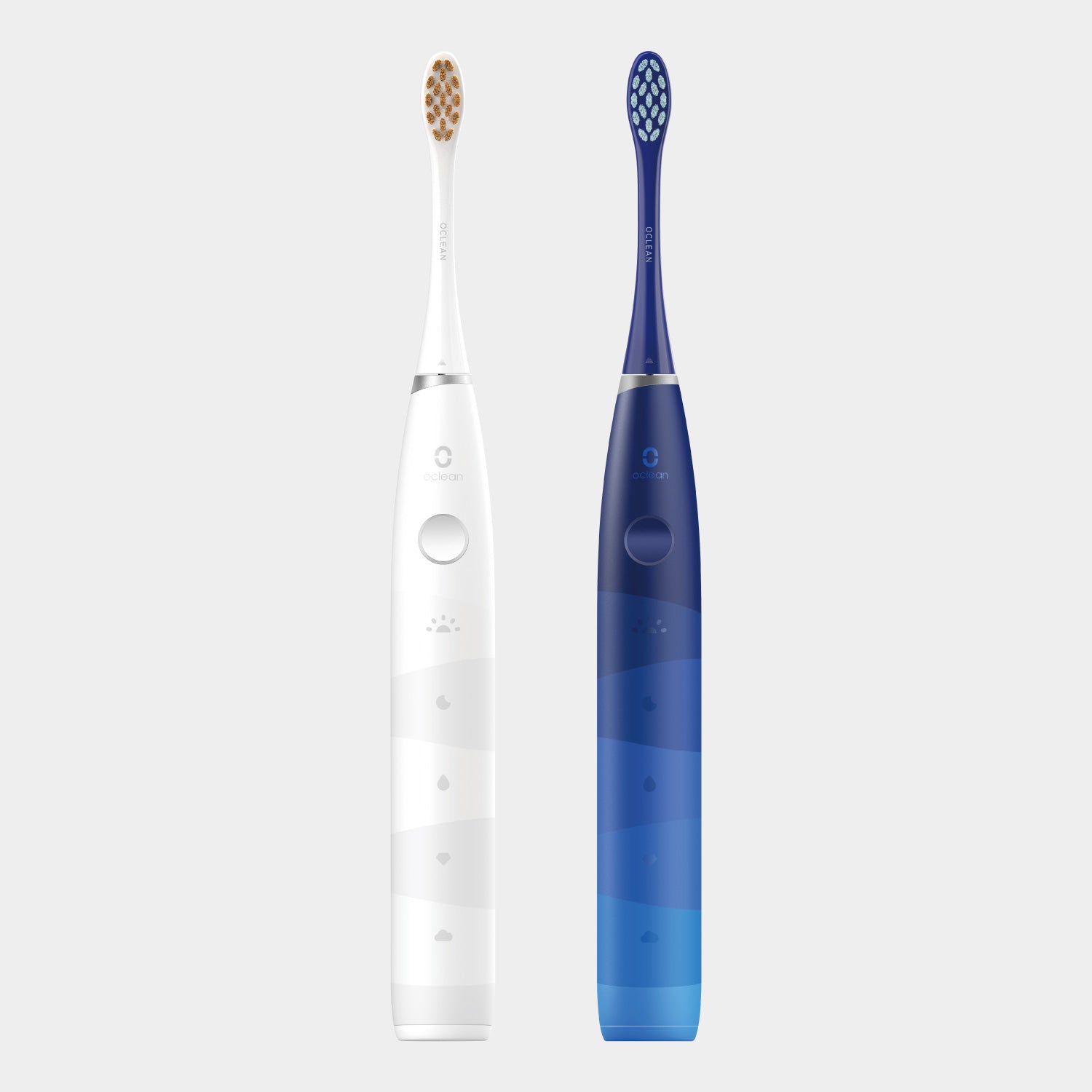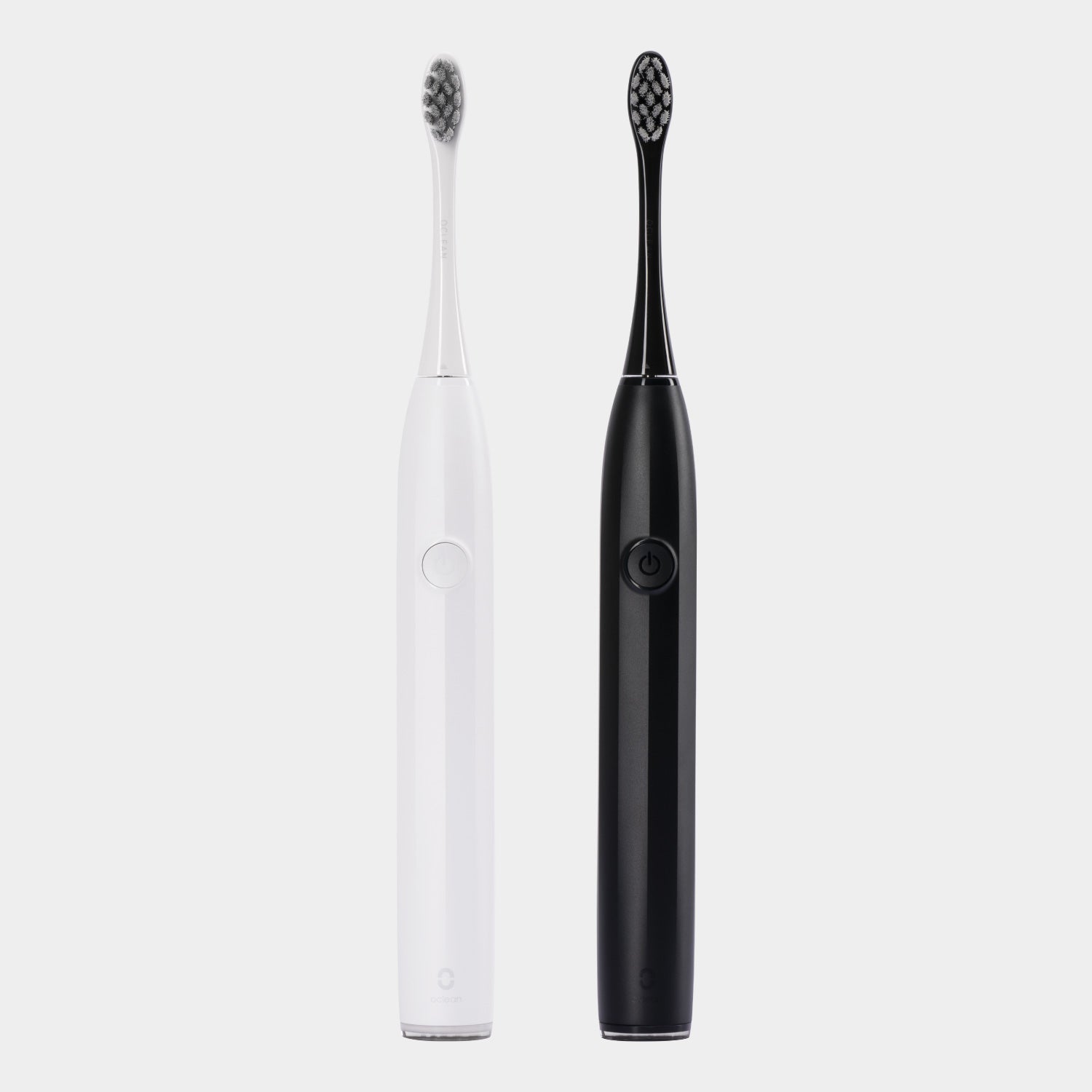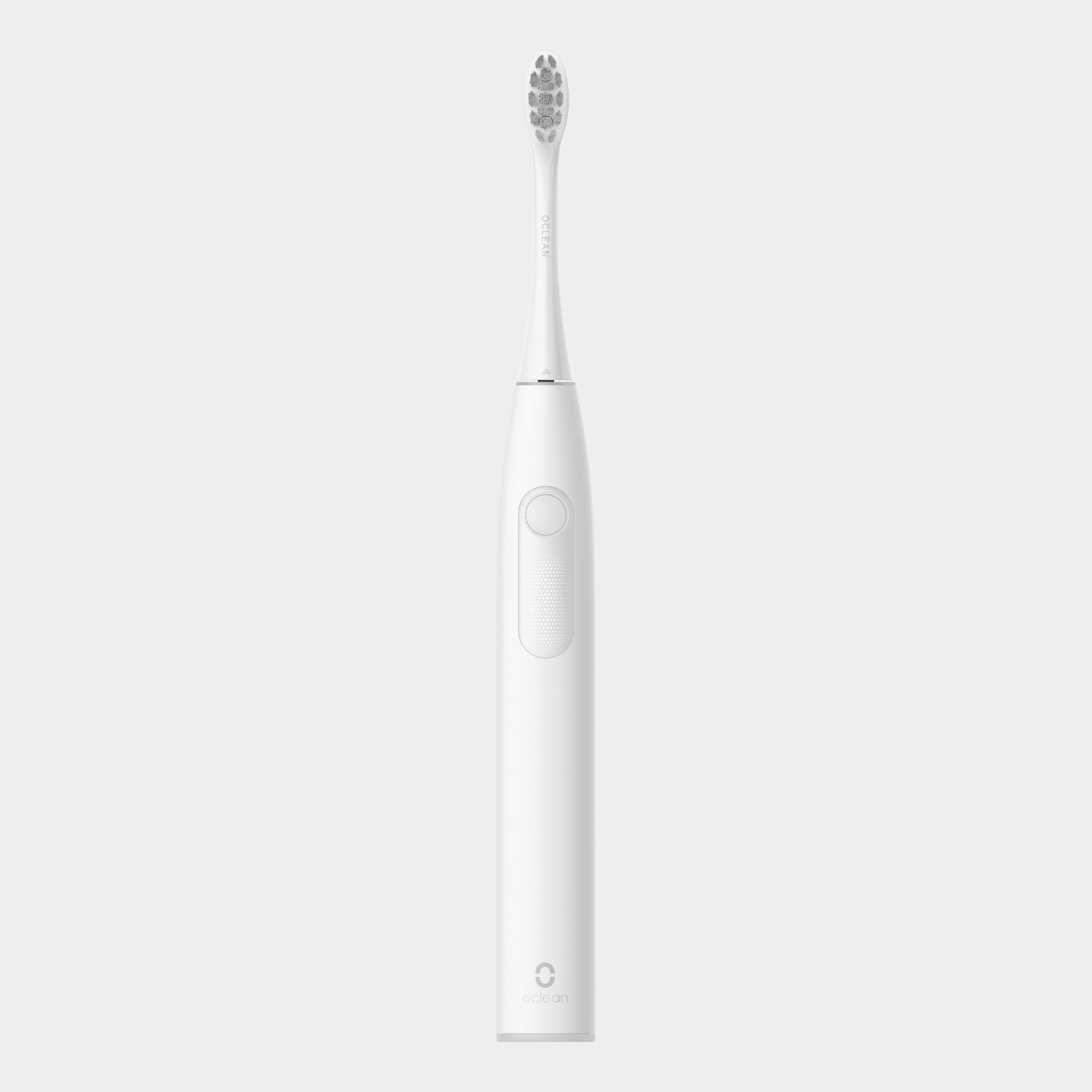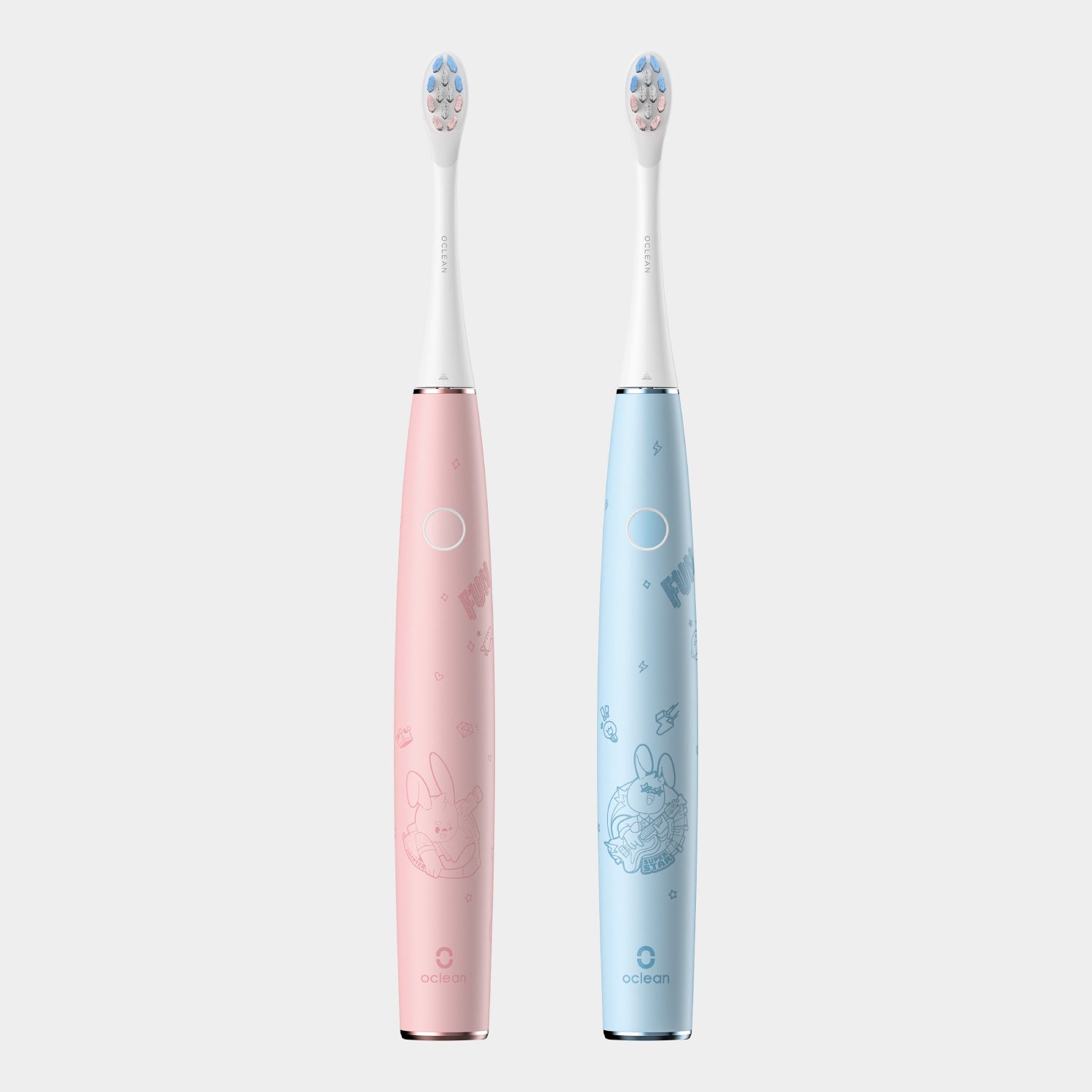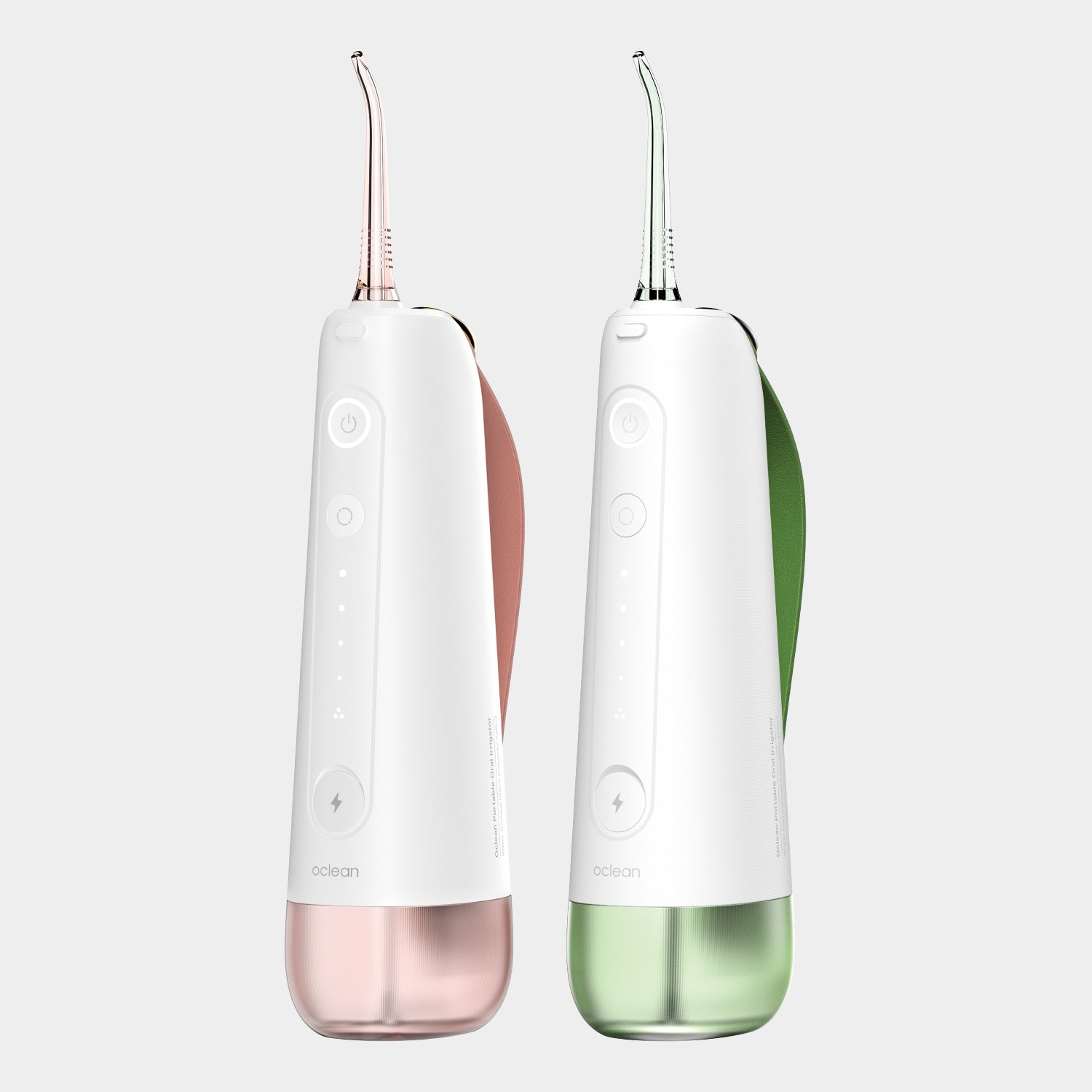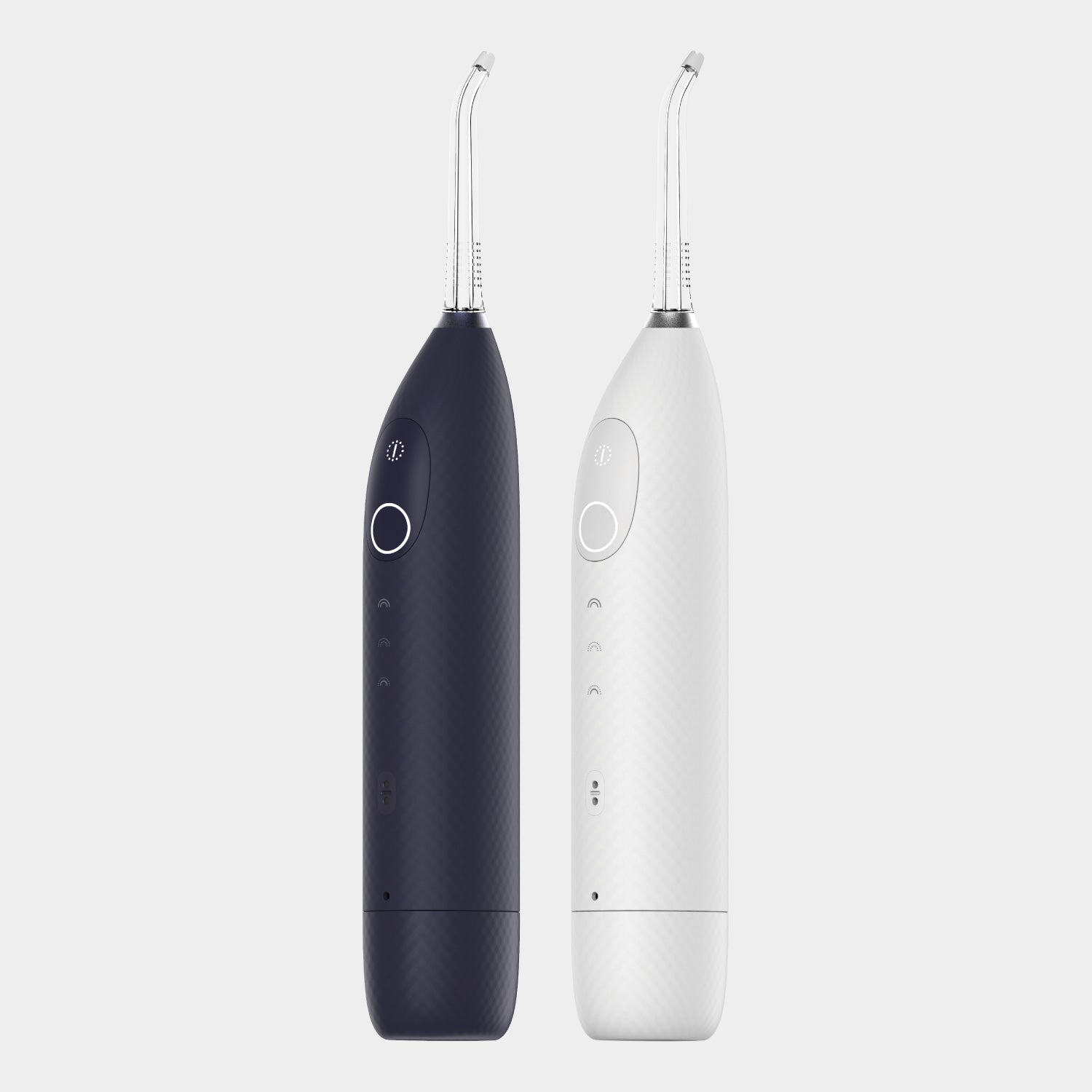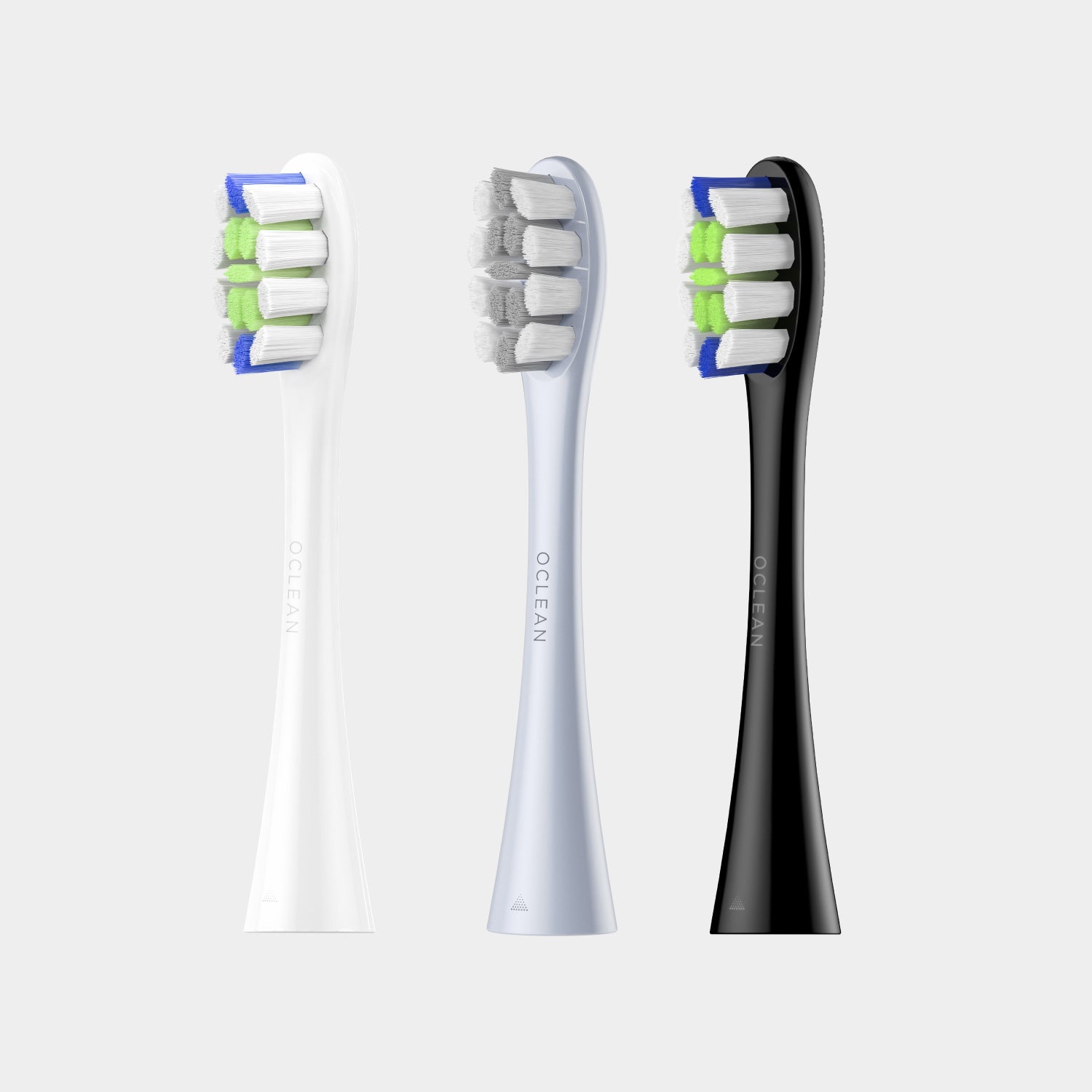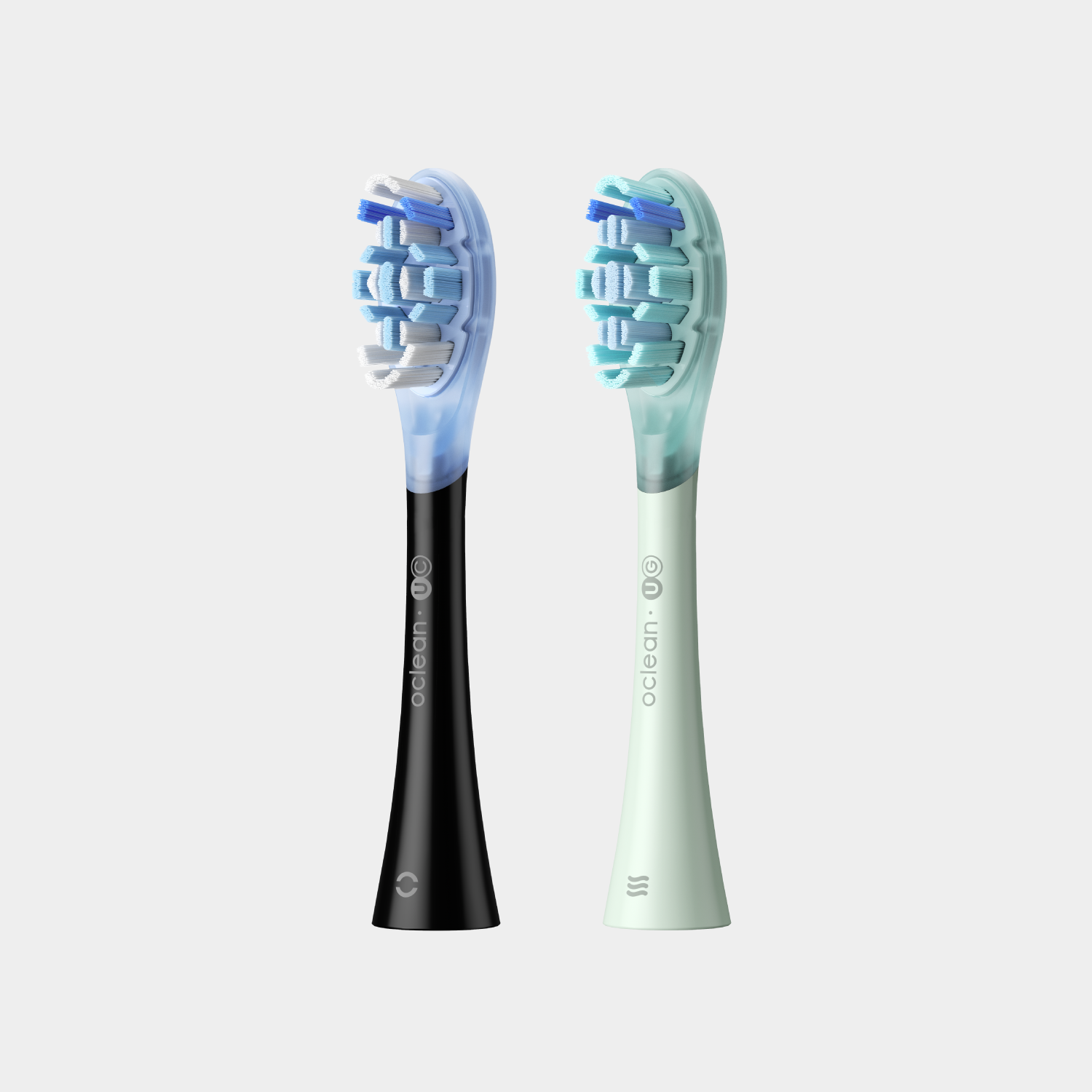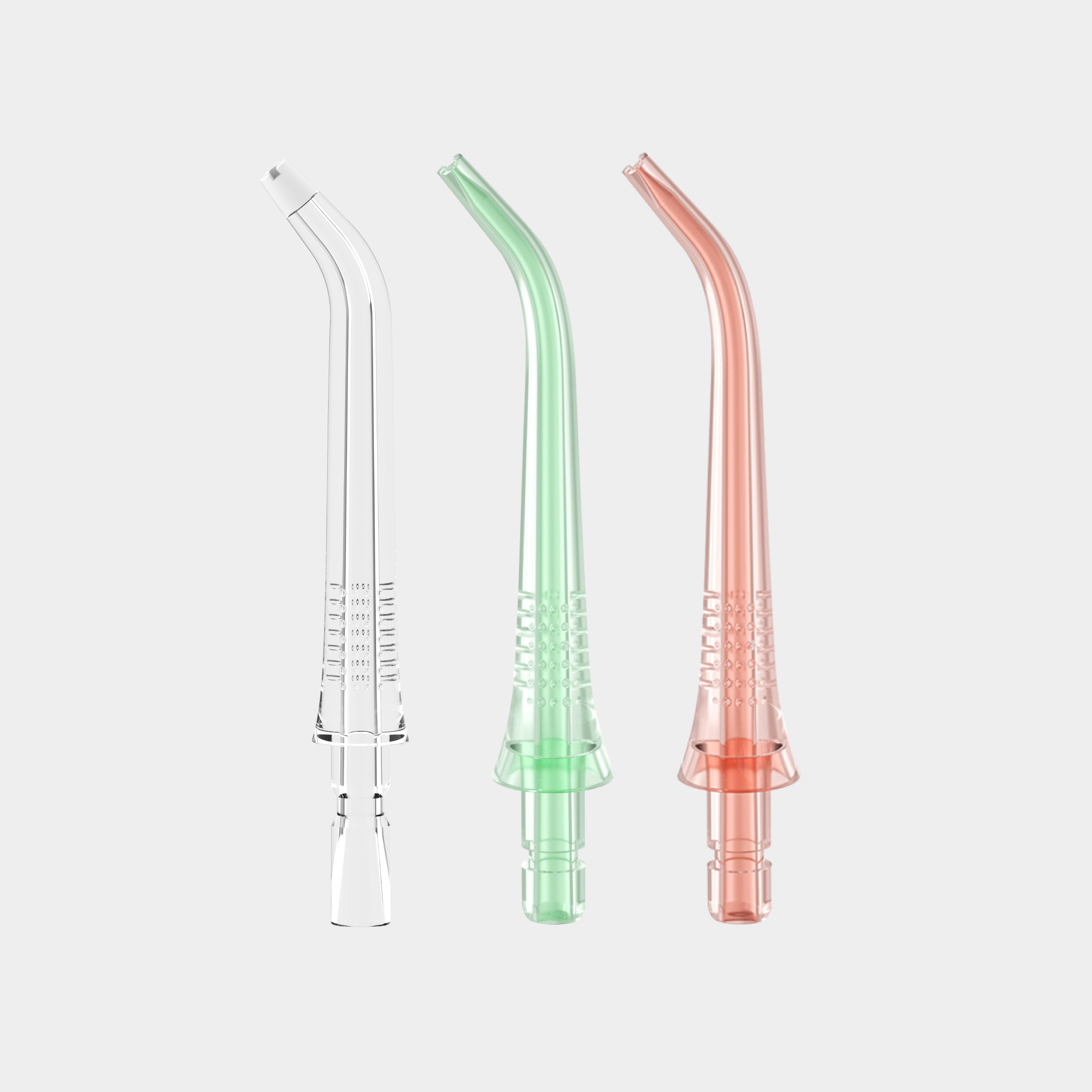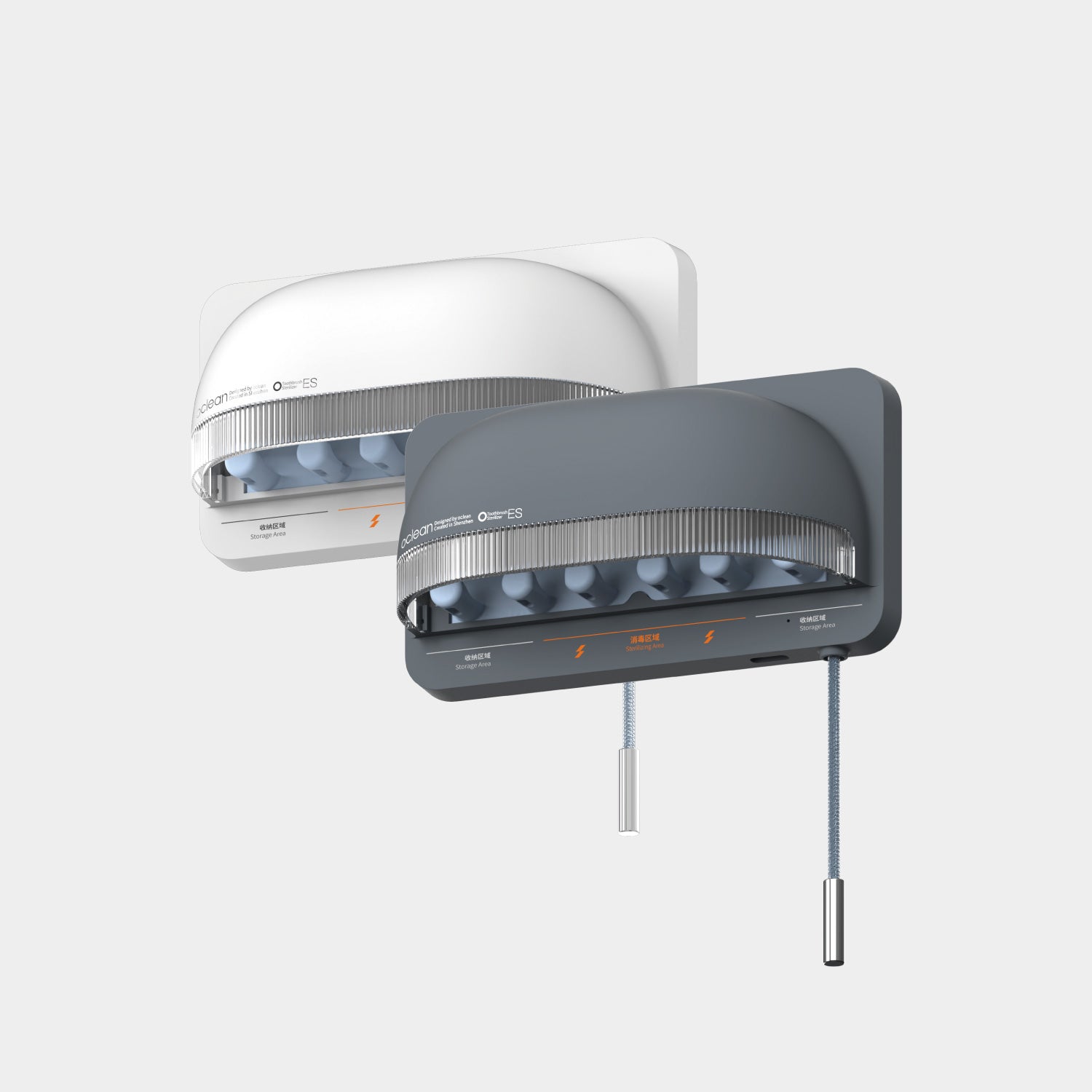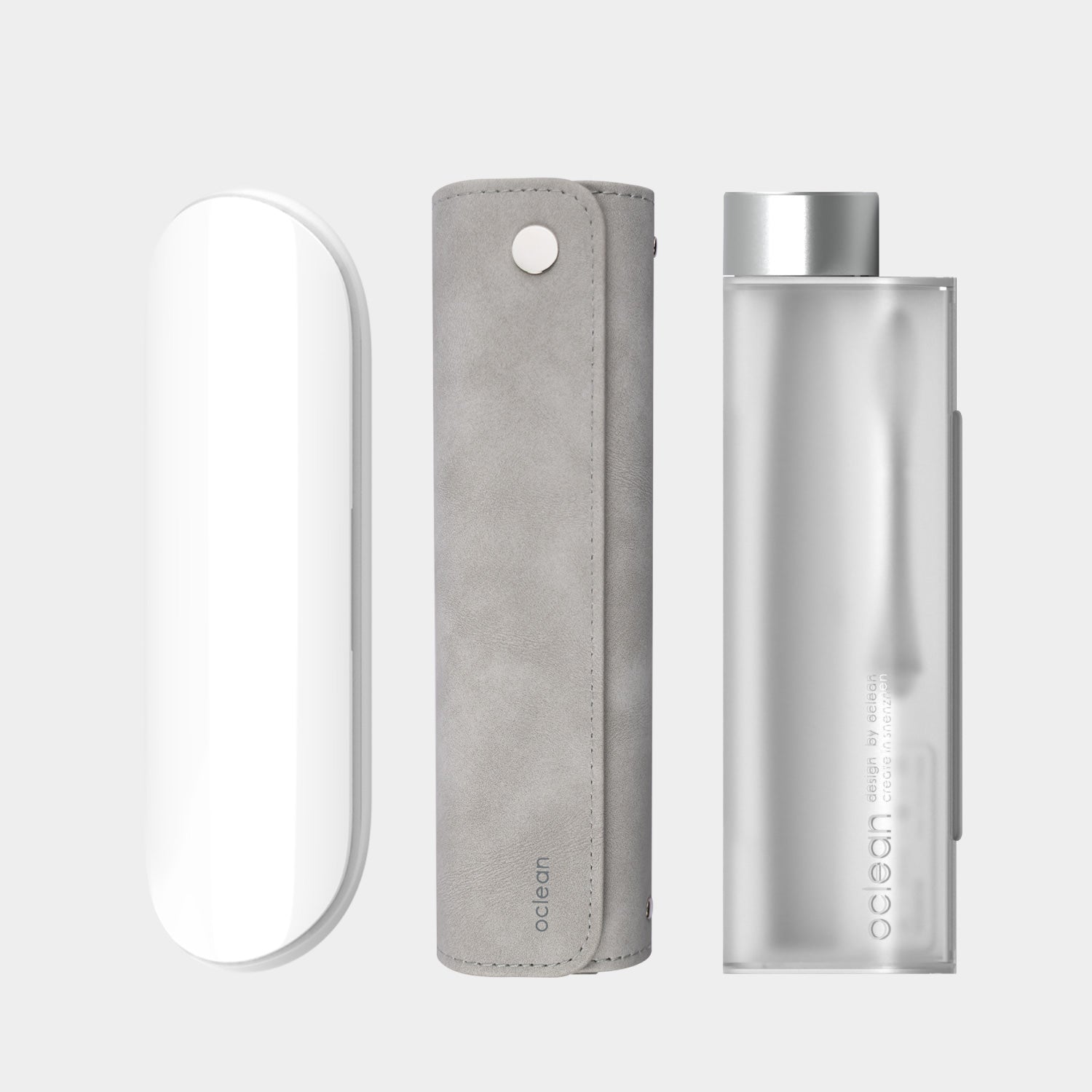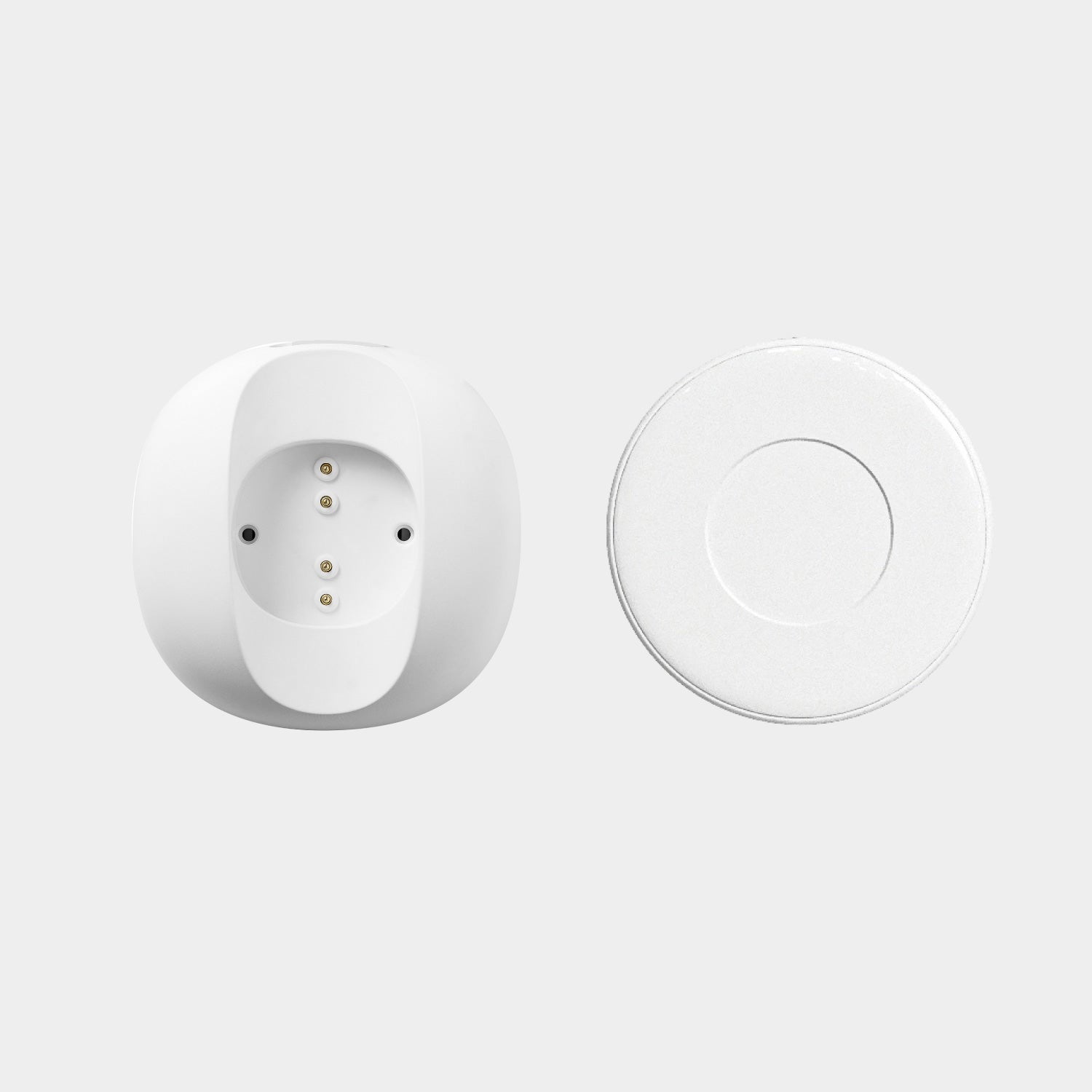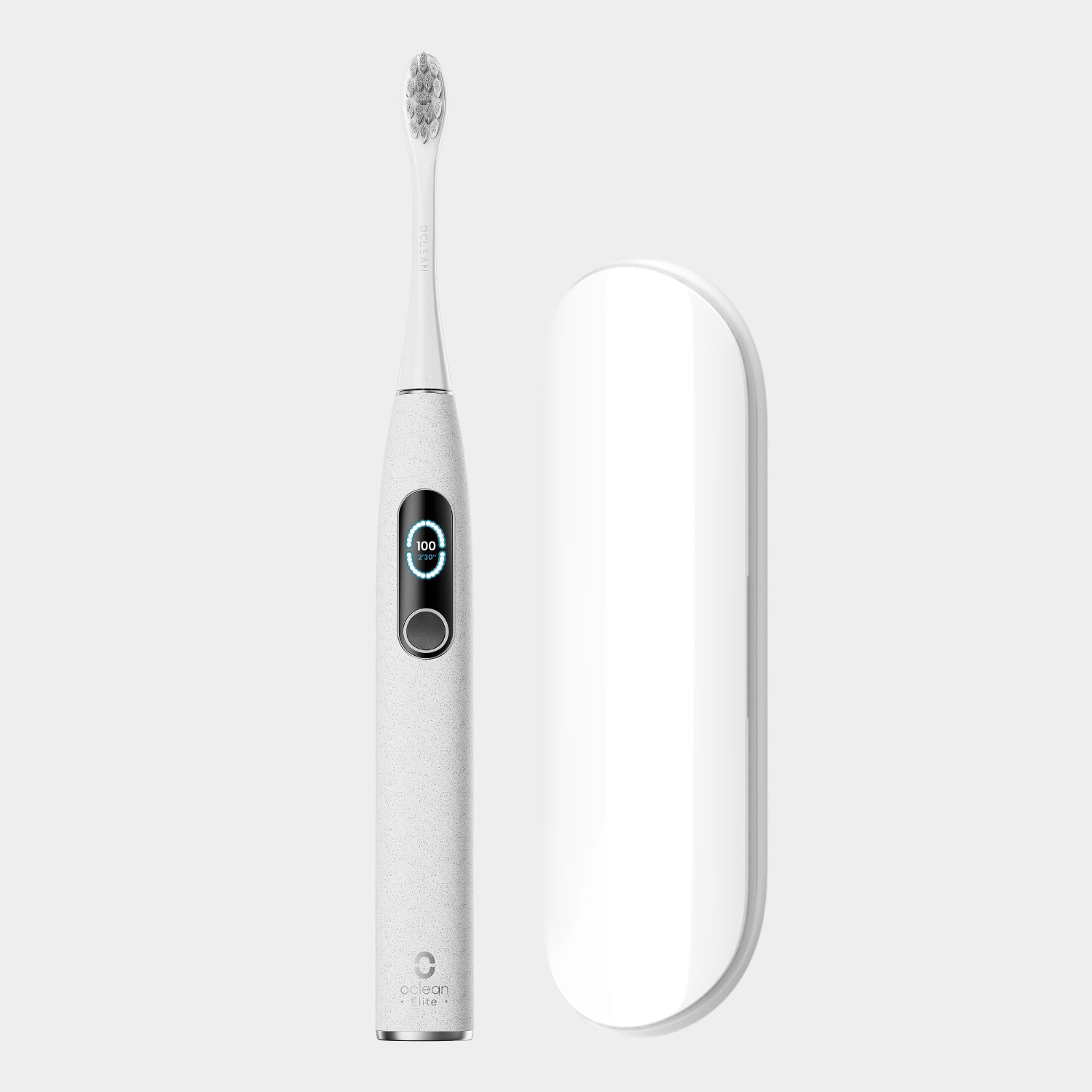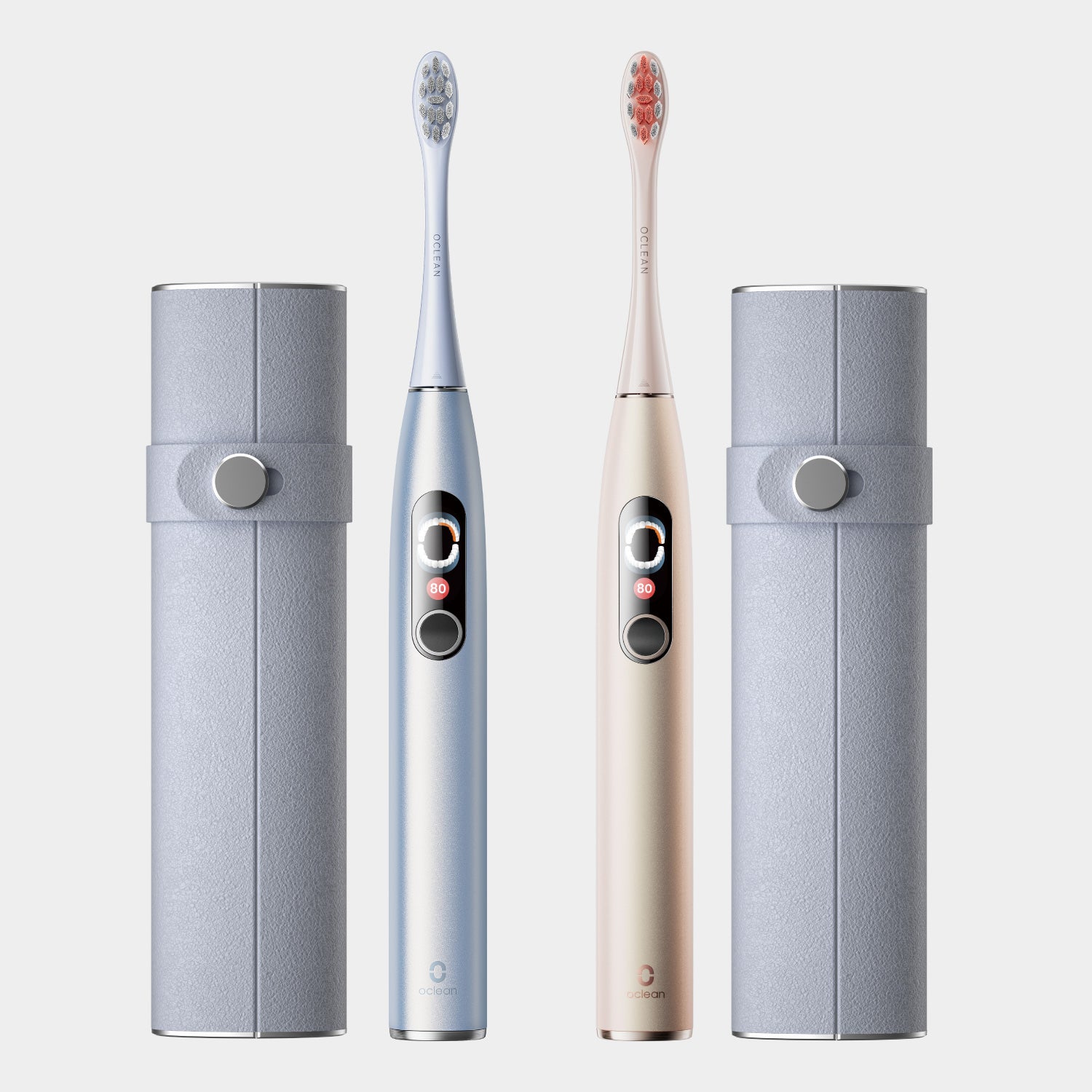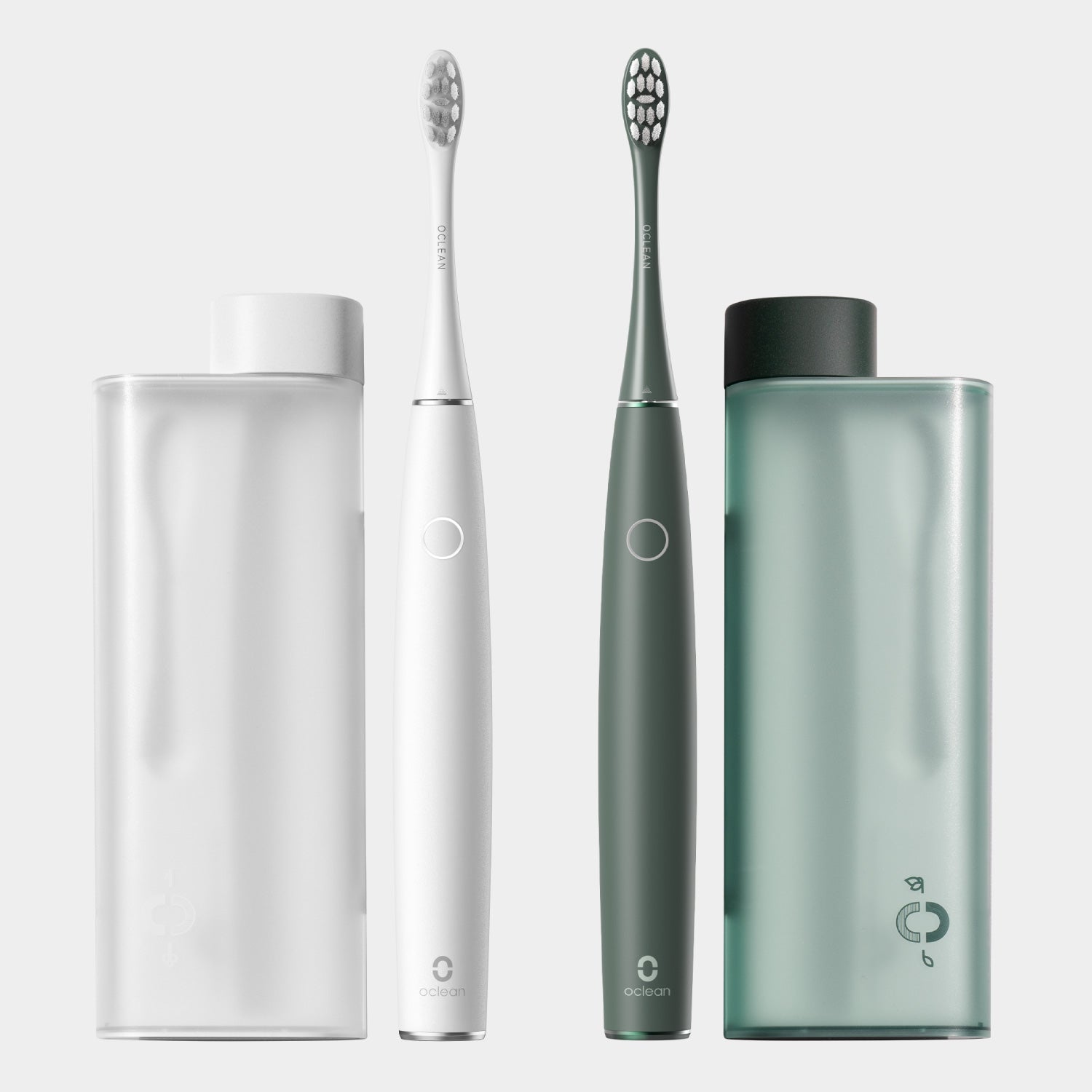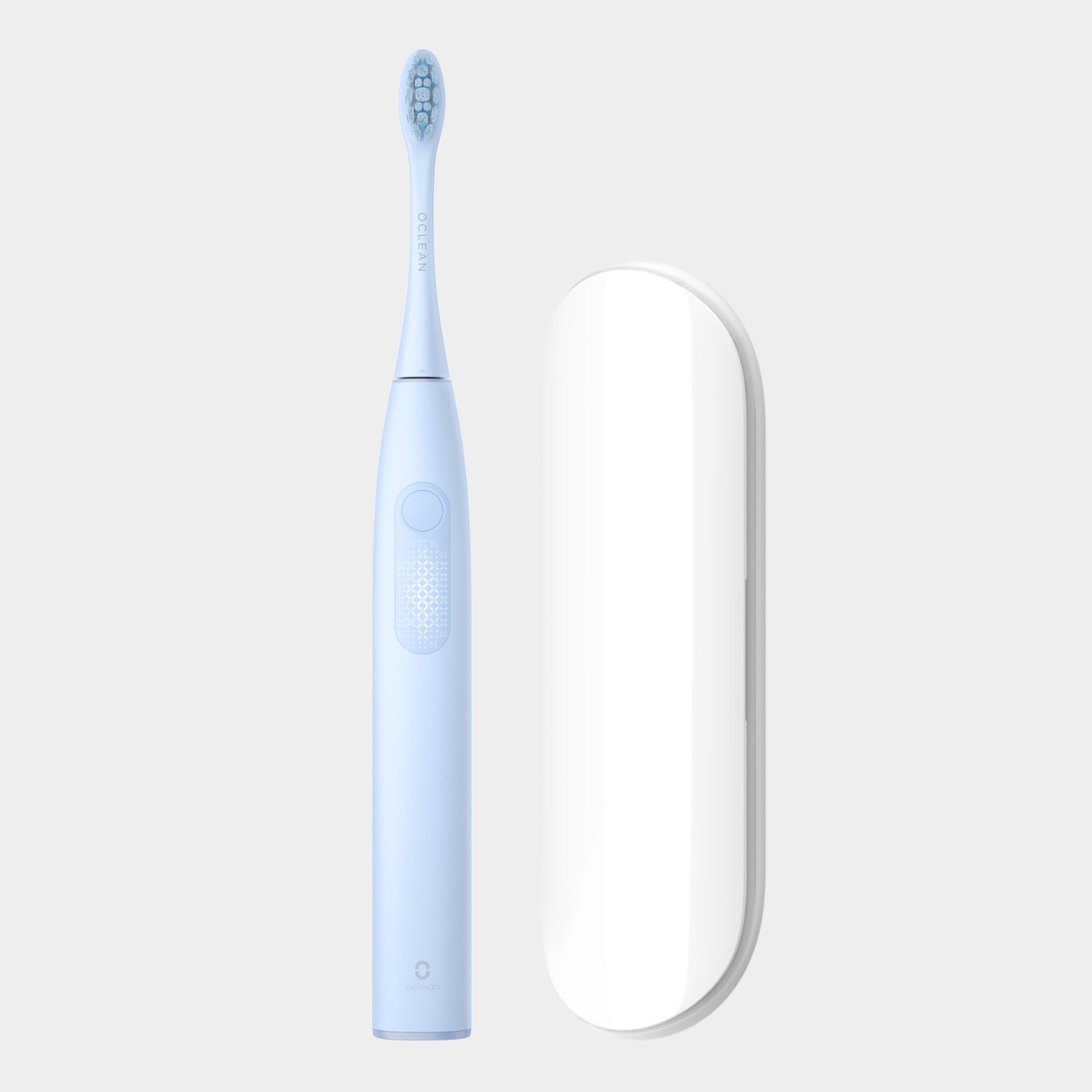Dec 1, 2021
What’s An Oral Health Care Plan All about

Decent oral health involves more than just brushing.
To keep your teeth and mouth healthy for a lifetime, there are 9 steps that you shall take into consideration:
Understand your own oral health needs.
Talk with your dentist, other oral health care specialist, or hygienist about any special conditions in your mouth and any ways in which your medical/health conditions affect your teeth or oral health. For example, cancer treatments, pregnancy, heart diseases, diabetes, dental appliances (dentures, braces) can all impact your oral health and may necessitate a change in the care of your mouth and/or teeth. Be sure to tell your dentist if you have experienced a change in your general health or in any medications you are taking since your last dental visit.
Develop, then follow, a daily oral health routine.
Based on discussions with your oral health care provider about health conditions you may have, develop an oral health routine that is easy to follow on a daily basis. For example, people with special conditions, including pregnancy and diabetes, may require additional instruction and perhaps treatments to keep their mouths healthy. Make sure you understand the additional care and/or treatment that is needed, commit to the extra tasks, and work them into your daily health routine.
Use fluoride.
Children and adults benefit from fluoride use. Fluoride strengthens developing teeth in children and prevents tooth decay in both children and adults. Toothpastes and mouth rinses contain fluoride. Fluoride levels in tap water may not be high enough without supplementation to prevent tooth decay. Contact your water utility to determine the level for your area. Talk with your dentist about your fluoride needs. Ask if fluoride supplements or a higher strength, prescription fluoride product is necessary for you.
Brush, floss, and rinse daily.
Brush your teeth at least twice a day (morning and before bedtime) and floss at least once a day. Better still, brush after every meal and snack. These activities remove plaque, which if not removed, combines with sugars to form acids that lead to tooth decay. Bacterial plaque also causes gum disease and other periodontal diseases.
Antibacterial mouth rinses also reduce bacteria that cause plaque and gum disease, and fluoride mouth rinse can help prevent tooth decay.
Antibacterial mouth rinses also reduce bacteria that cause plaque and gum disease, and fluoride mouth rinse can help prevent tooth decay.
Eat a balanced diet and limit snacking.
Eat a variety of foods, but eat fewer foods that contain sugars and starches (for example, cookies, cakes, pies, candies, ice cream, dried fruits and raisins, soft drinks, potato chips). These foods produce the most acids in the mouth, which begin the decay process. If you do snack, brush your teeth afterward or chew sugarless gum.
If you use tobacco products, quit.
Smoking cigarettes or using smokeless tobacco products increases the risk of oral cancer and cancers of the larynx, pharynx, and esophagus; gum disease; bad breath; tooth discoloration; and other oral and general health problems.

Examine your mouth regularly.
Become familiar with the appearance of your own mouth and teeth through frequent examination. This way, you will be able to catch any changes at an early stage and have these changes examined by a dentist. Look for the development of any spots, lesions, cuts, swellings, or growths on your gums, tongue, cheeks, inside of your lips, and floor and roof of your mouth. Examine your teeth for any signs of chipping or cracking, discoloration, or looseness. If you experience a change in your bite or develop pain, call your dentist as soon as possible. An oral exam is particularly important to conduct if you are a tobacco user since you are at an increased risk of developing oral cancer.
Visit your dentist regularly.
The standard recommendation is to visit your dentist twice a year for check-ups and cleanings. Talk with your dentist about the frequency that is best for you.
Develop a partnership with your dentist.
Don't be afraid to ask your dentist for more information if you don't understand a treatment or procedure. You should be able to have a free and frank discussion with your dentist. Here are questions you may want to ask:
· What are the treatment options for a particular dental condition?
· How do these options differ in cost and durability?
· Do all the options solve the problem? What are the benefits and drawbacks of each option?
· Of the dental treatments being recommended, which are absolutely necessary, which are less urgent, which are elective, and which are merely cosmetic?
· What are the consequences of delaying treatment?
Those steps might shed a light on an even better and personalized oral care plan via understanding your exact oral situation with the corresponding treatments recommended by your dentist. Too busy for frequent dentist visits? Nowadays more sonic electric toothbrushes adopt smart technology and APP-compatibility to gather and analyze your tooth brushing data then generate brushing feedback and suggested brushing plan to assist in forming an even better oral care routine to take care of your teeth and mouth on a daily basis.
Related Readings:
Can You Bring an Electric Toothbrush on a Plane
How Many Calories Are in Toothpaste
What Happens if You Swallow Toothpaste
Sonic Toothbrush vs Rotating(Oscillating) Toothbrush


